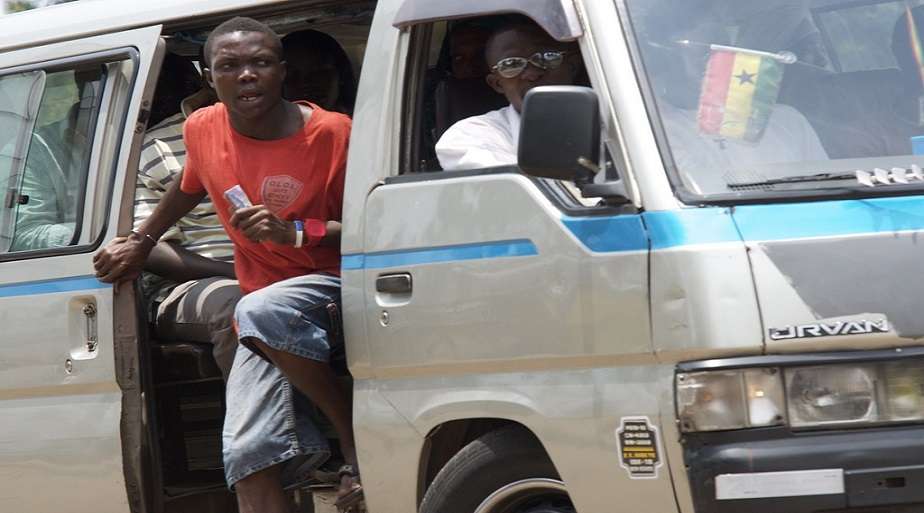
Windhoek — It has been 61 momentous years since Ghana was unshackled from its colonial chains from British rule. Its High Commissioner to Namibia, Elizabeth Salamatu Forgor, said her country has chalked up a string of successes in all sectors of the economy that are worth celebrating.
Ghanaians living in Namibia gathered in Windhoek on Tuesday to mark the 61st anniversary since their country attained independence on March 6, 1957 from British rule that lasted 113 years.
As the first sub-Saharan country to gain independence, Ghana's precedent in 1957 inspired other African countries to seek liberation and 17 African countries gained independence in 1960.
Relating the history of the country, which was previously known as the Gold Coast, Salamutu Forger said that notable achievements have been made in all sectors since independence, such as its economy, politics, education, agriculture, health, sport and tourism.
For instance, in terms of politics, Ghana is known as a nation that has frequently held peaceful elections and successfully changed governments without violence or chaos. The Global Peace Index report for 2016 ranked it as the 6th most peaceful country in Africa and 44th in the world.
Furthermore, Ghana has made notable progress in its education. According to the World Economic Forum (WEC) report of 2014, Ghana is ranked 46th out of 148 countries in terms of quality education. It has a literacy level of 71.5 percent with 90 percent children enrolled in schools.
"This is a remarkable achievement which takes us ahead with countries such as Pakistan and Nigeria that have literacy rates of 72 percent and 64 percent respectively," Salamatu Forgor enthused.
She attributed her country's education success to many education policies and strategies that include a Free Senior School Policy introduced by President Nana Addo Dankwa Akufo-Addo.
In the health sector Salamatu Forgor said health facilities have improved both in terms of infrastructure and skilled personnel while modern hospitals and clinics have been constructed around the country and have been equipped with modern technology such as state-of-the-art theatres and X-ray machines.
According to the World Bank, the African Development Bank (ADB) and the International Monetary Fund (IMF) Ghana is tipped to lead Africa as the fastest growing economy in 2018 with a growth rate of 8.3 and 8.9 percent as a result of increased oil and gas production, which boosts exports and domestic electricity production. "For the first time since 2006, our government has been able to meet its fiscal deficit target. The government will continue to manage the economy in a disciplined and sound framework so that we can maintain fiscal and debt sustainability," she said
Salamatu Forgor said that with the right policies and strategies in place, Ghana will become a good economic haven. The provision of jobs, reduction in taxes as well as major improvement in the export and import sector will go a long way to develop the nation's economy, she said.
Notable achievements were also recorded in its tourism sector.
Salamatu Forgor revealed the tourism industry generated 292,000 jobs in 2015 with the growth figure of 2.4 percent projected in 2016.
Salamatu Forgor said Ghana and Namibia will continue to strengthen its bilateral relations as well as enhance collaboration in various fields to improve the living standards of people.
Read Full Story

















Facebook
Twitter
Pinterest
Instagram
Google+
YouTube
LinkedIn
RSS